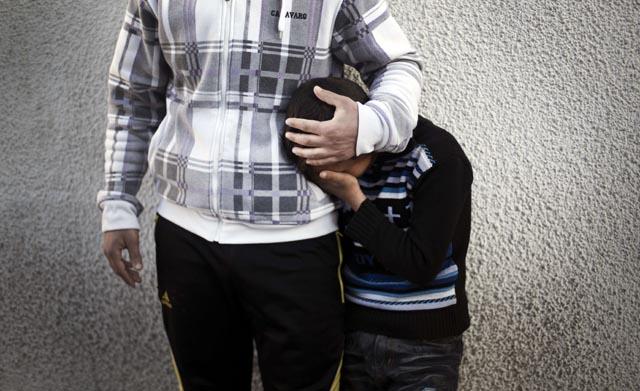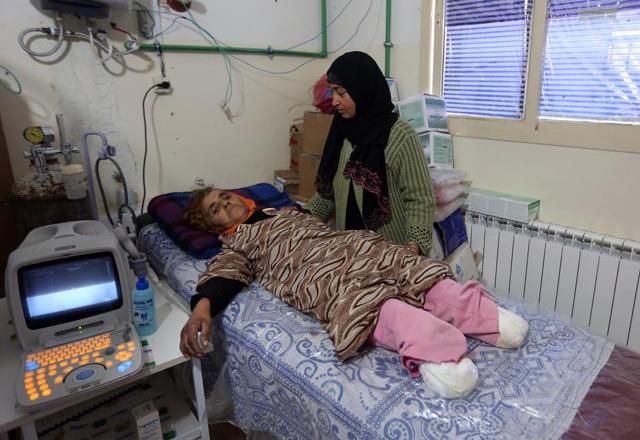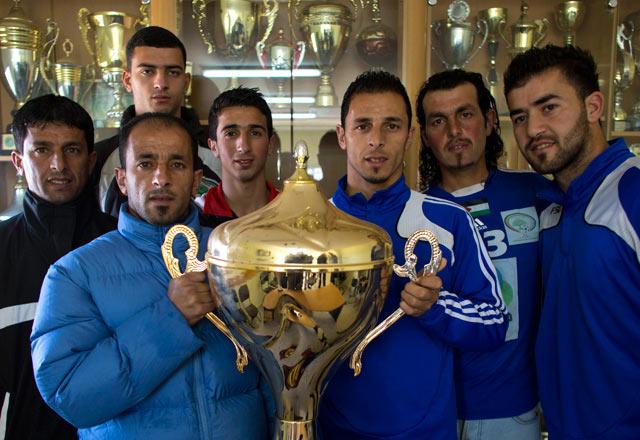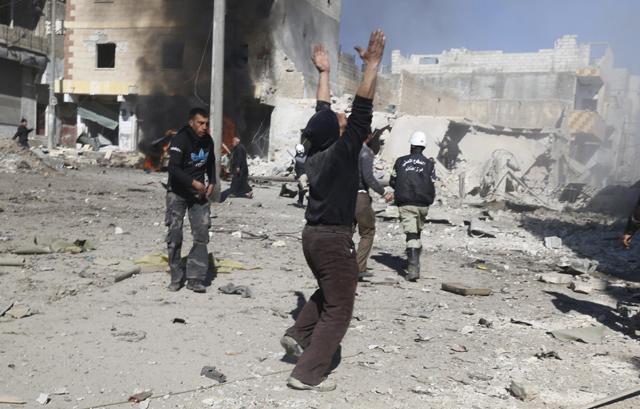OCCUPIED JERUSALEM — Israeli newspapers bristled Thursday after the European Parliament president criticised the Gaza Strip blockade and suggested that Israelis received four times more water than Palestinians.
The spat erupted Wednesday after the far-right Jewish Home Party stormed out of parliament in protest during a speech by Martin Schulz, and it made the front pages of Israel’s main newspapers.
Most commentators were furious about figures mentioned by Schulz over water usage.
“How can it be that an Israeli is allowed to use 70 litres of water per day, but a Palestinian only 17,” Schulz asked.
But he also admitted he had not had time to verify the numbers.
Shortly afterwards, Schulz criticised settlements as an obstacle to peace and warned that the Gaza blockade could “undermine, rather than strengthen, Israel’s security”.
This prompted a barrage of heckling from Jewish Home MPs, who then walked out.
“Jewish Home demands an apology from the president of the European Parliament, who repeated two lies fed to him by the Palestinians,” party chairman Naftali Bennett said.
He denounced both assertions as “deceitful propaganda”.
Even Prime Minister Benjamin Netanyahu waded in, accusing Schulz of being quick to cast blame without checking his facts.
“What was disturbing in Schulz’s speech was the selective hearing that is becoming prevalent in many circles in Europe,” he said in remarks published on parliament’s website.
“These are figures which are not true. [Schulz] said he didn’t check the figures but it didn’t stop him from straight away casting blame.”
The headline in the Israel HaYom freesheet, which is close to Netanyahu, read: “Shock in parliament over slander of Israel.”
The Palestine Liberation Organisation said average daily Palestinian domestic consumption was 70 litres per person, while the World Health Organisation recommends a minimum of 100 litres.
“In the southern West Bank, there are communities that use less than 15 to 20 litres per capita per day,” it added.
Schulz taken aback
In an interview with German daily Die Welt published Thursday, Schulz said he was taken aback by the tirade.
“The angry reaction from some parliamentarians in Jerusalem surprised me and made me concerned,” he said, adding that he considered his Jerusalem address to be “pro-Israel”.
“The people who disturbed my speech belong to a party of hardliners who answer each critical word that bothers them in this way.”
Israel HaYom accused Schulz of choosing to use “false libel” provided by anti-Israeli groups.
Other papers published figures showing a completely different picture of Israeli-Palestinian water usage.
The spat prompted several NGOs to publish their own figures on water usage, with Friends of the Earth Middle East citing statistics from 2011 showing the ratio was close to four to one.
“The municipal water consumption per capita per day in Israel in 2011 was 250 litres, while among Palestinians in the West Bank, after taking into consideration an average loss of approximately 30 per cent of the water — due to theft and lack of infrastructure — it was 70 litres,” the group said.
Israeli rights group B’Tselem also said there was “discrimination in water allocation”, with Israelis receiving “much more water than Palestinian residents of the West Bank and the Gaza Strip”.
According to the Israeli national water company, Mekorot, the average household water consumption in Israel is between 100 and 230 litres per person per day.
For Palestinians in the West Bank connected to the water mains, the average daily consumption is about 73 litres.
Those not connected to the network — around 113,000 people — rely on stored rainwater and water sold from tanker trucks, which is very expensive.
Typically, they consume less than 60 litres per person per day with shepherding communities in the northern Jordan Valley consuming just 20 litres, the group said.
Average consumption in Gaza is 70-90 litres per person daily, but the water quality is extremely poor, with 90 per cent of supplies pumped there unpotable, according to World Health Organisation standards.



















